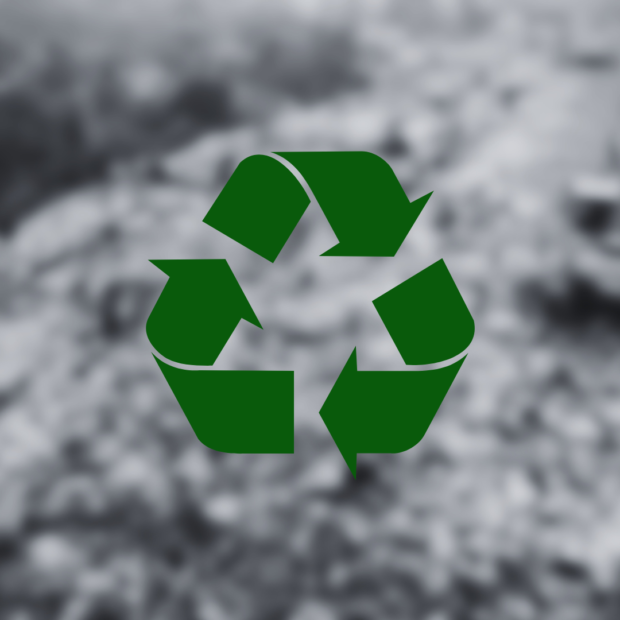As the Philippine government explores Waste-to-Energy (WTE) technology to solve the country’s solid waste management challenges, scientists and environmental advocates are sounding alarms over its potential detrimental effects on human health and the environment.
WTE technology involves converting waste into energy through incineration, which raises significant concerns due to toxic substances being emitted. The Philippines, standing out in the Asia-Pacific region, has a legal ban on incineration due to its hazardous emissions under the Philippine Clean Air Act of 1999 and the Ecological Solid Waste Management Act of 2000, underscoring the gravity of the issue.
Despite these regulations, recent developments have stirred controversy. The United Nations Environmental Programme (UNEP), a key player in global environmental governance, noted that guidelines for thermal WTE were approved in 2016, seemingly contradicting existing laws. This has sparked debates and calls for legislative clarity, highlighting the need for international standards in waste management.
The Department of Environment and Natural Resources (DENR) has moved forward with plans to adopt WTE technologies under Administrative Order No. 2019-21, citing the need for more sustainable waste management solutions. However, critics argue that WTE, touted as a cleaner alternative to landfills, poses severe health and environmental risks.
An environmental science professor, Dr. Jorge Emmanuel, emphasized the dangers associated with WTE plants. He highlighted particulate matter emissions, carbon monoxide, and toxic metals like mercury, which can profoundly impact air and water quality. These pollutants cause respiratory diseases, cancers, and developmental disorders, posing risks to nearby communities.
Moreover, the disposal of toxic ash generated by WTE facilities remains a critical issue. Proper handling requires specialized hazardous waste landfills, which are currently inadequate in the Philippines. This inadequacy raises concerns about long-term environmental contamination, emphasizing the need for immediate action to prevent irreversible damage.
International examples from Europe underscore these concerns. Studies have shown significant dioxin emissions from WTE plants, which bio-accumulate in ecosystems and pose risks to human health even at low concentrations. Instances in France and Lithuania have demonstrated widespread contamination of local environments, prompting health advisories and highlighting regulatory gaps.
Despite proponents’ arguments for WTE’s potential benefits in reducing landfill dependency and generating energy, the debate over its safety and environmental impact continues to intensify. With mounting evidence of health risks and ecological harm, stakeholders urge comprehensive assessments and stringent regulations to safeguard public health and the environment in pursuing sustainable waste management solutions.


